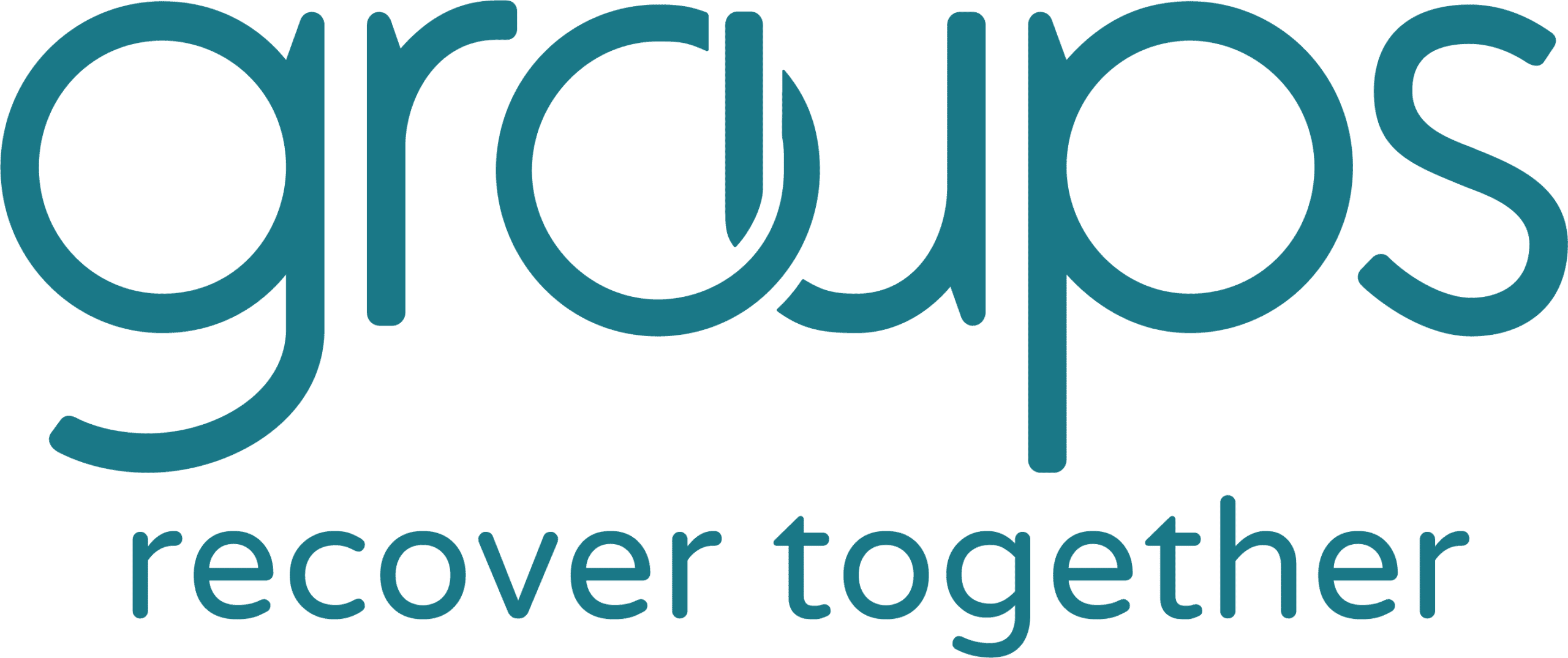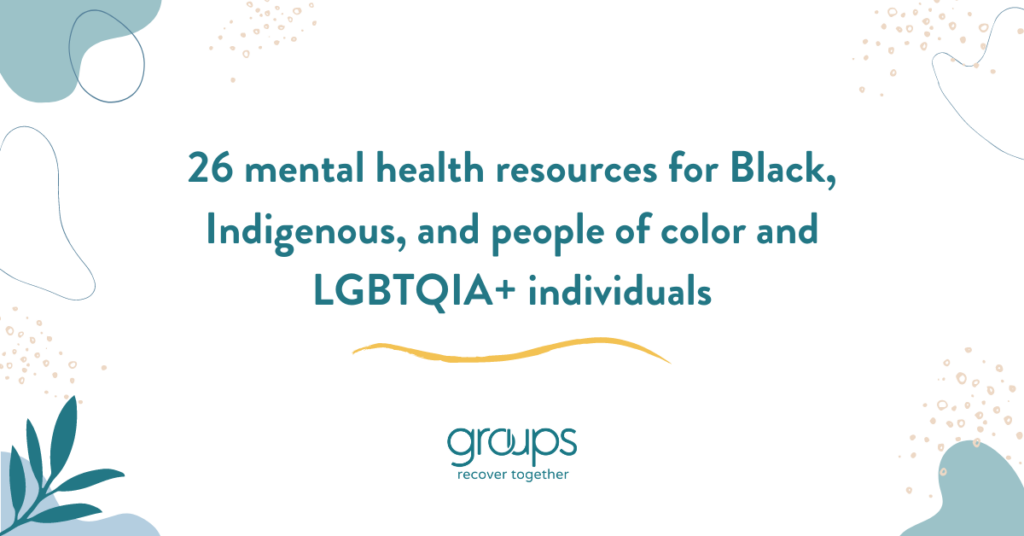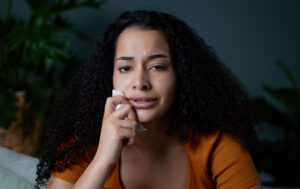Communities of color and LGBTQIA+ people face a higher number of health issues than other groups. There are many reasons why this is the case. All are driven or worsened by racism, discrimination, and stigma.
What makes matters worse is that many people don’t see themselves reflected in medicine, mental health, and research. This means that many people aren’t receiving the kind of care and support they need.
Members of these communities have stepped forward to create organizations and platforms that support people like them. Below are some of the many mental health resources designed specifically for Black, Indigenous, and people of color and LGBTQIA+ individuals.
Mental health resources for communities of color
The following mental health resources were created for all communities of color:
- The AAKOMA PROJECT: The AAKOMA Project helps young people of color and their families manage mental health.
- Brown Girl Therapy: Brown Girl Therapy is a therapist-created online mental health community for all children of immigrants.
- Clinicians of Color: Clinicians of Color runs a directory of therapists of color across different training levels and treatment styles.
- The Deconstructing the Mental Health System PoGM & BIPoC Therapist & Wellness Provider Directory: This directory connects people with affirming providers who are Black, Indigenous, or people of color.
- Inclusive Therapists: Inclusive Therapists helps people find therapists who specialize in providing care for their communities.
Mental health resources for Asian American, Native Hawaiian, and Pacific Islander communities
The following mental health resources were created for Asian American, Native Hawaiian, and Pacific Islander communities:
- Asian Mental Health Collective: The Asian Mental Health Collective manages a therapist directory and therapy fund to improve access for Asian communities worldwide.
- National AAPI Mental Health Association (NAAPIMHA): NAAPIMHA offers mental health training, programs, and advocacy opportunities for Asian American, Native Hawaiian, and Pacific Islander individuals and communities.
- Project Lotus: Project Lotus educates and empowers Asian American communities to destigmatize and address mental health.
- South Asian Mental Health: South Asian Mental Health provides South Asian communities with a directory of South Asian therapists and self-led mental health resources.
Mental health resources for Black communities
The following mental health resources were created for Black communities:
- Black Emotional & Mental Health Collective (BEAM): BEAM offers training, events, and peer support for Black individuals and other historically marginalized communities.
- Black Girls Smile: Black Girls Smile offers affirming mental health education, resources, and support for Black women and girls.
- Call BlackLine: Call BlackLine provides peer support and counseling for Black, Indigenous, and people of color. They operate through an LGBTQIA+ Black femme lens.
- The Loveland Foundation: The Loveland Foundation focuses on healing communities of color, with an emphasis on Black women and girls. They also run the Loveland Therapy Fund, which helps Black women and girls across the country access therapy.
- Melanin & Mental Health: Melanin & Mental Health offers a directory of Black therapists and mental health resources for the times between sessions.
Mental health resources for Hispanic and Latinx communities
The following mental health resources were created for Hispanic and Latinx communities:
- Latinx Therapists Network: The Latinx Therapists Network helps people find Latinx therapists who work in private practice.
- National Alliance for Hispanic Health (NAHH): NAHH is a community-driven group that supports the health of more than 15 million Hispanic individuals every year.
- National Latino Behavioral Health Association (NLBHA): NLBHA is a national organization that promotes the mental health and wellness of Latino populations.
Mental health resources for Indigenous communities
The following mental health resources were created for Indigenous communities:
- Native Hope: Native Hope shares stories and provides education to support the health, wellness, and happiness of Native communities.
- One Sky Center: One Sky Center is a national resource center for Indigenous American and Alaskan health.
- We R Native: We R Native is a holistic health resource created for and by Native young people and their communities.
Mental health resources for LGBTQIA+ communities
The following mental health resources were created for LGBTQIA+ communities:
- National Queer & Trans Therapists of Color Network (NQTTCN): NQTTCN offers a directory of therapists who are queer and trans Black, Indigenous, and people of color (QTBIPOC) who support people who are QTBIPOC.
- Pride Counseling Services: Pride Counseling Services is a Minnesota-based provider of mental health treatment and gender-affirming mental health care.
- Queer Crescent: Queer Crescent provides a supportive space for LGBTQIA+ Muslims who are working toward collective liberation.
- Therapy for Queer People of Color: Therapy for Queer People of Color connects queer and trans people of color to affirming therapists.
- Trans Lifeline: Trans Lifeline is by and for transgender people. It provides peer support for community members and never engages the police.
- The Trevor Project: The Trevor Project offers crisis counseling, information, and supportive tools for LGBTQIA+ youth.
New to Groups Recover Together?
Groups Recover Together is a leading opioid use disorder (OUD) treatment provider. We meet our members where they are with evidence-based treatment and support:
- Our caring doctors prescribe Suboxone online or in person. This means that you can get treatment when and how it’s comfortable for you.
- Groups members meet weekly with peers and trained counselors. We also connect members who are Black, Indigenous, or people of color, as well as those who are LGBTQIA+, with other members who have shared identities. This helps us make sure everyone feels seen and understood in treatment.
- Members get support for goals beyond recovery. We can help with housing, health care, food, jobs, school, transit, and more.
- We believe that anyone who wants treatment should be able to get it. Groups accepts most insurance and Medicaid plans and can support uninsured folks.
Want to learn more about whether Suboxone at Groups is right for you? Give us a call at (888) 858-1723 any time, day or night.




